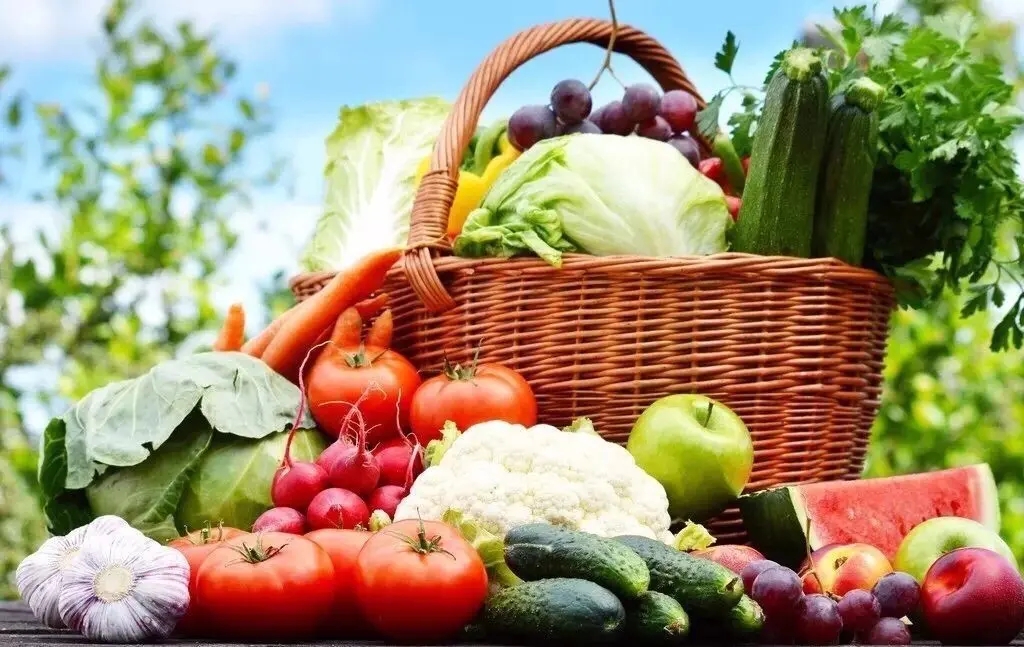
 CONTACT
CONTACT
- Linkman:Linda Yao
- Tel: +8618231198596
- Email:linda.yao@dcpharma.cn
- Linkman:CHARLES.WANG
- Department:Overseas
- Tel: 0086 0311-85537378 0086 0311-85539701
ε-Polylysine hydrochloride Factory 25988-63-0 for Fruit and Vegetable Preservation
TIME:2024-07-19
ε-polylysine hydrochloride is widely used in the preservation of fruits and vegetables, with significant effectiveness. During use, a certain amount of ε-polylysine hydrochloride can be dissolved in an appropriate amount of water, and then the fruits and vegetables are soaked in the solution for a certain period (such as 10-15 minutes). After soaking, the fruits and vegetables are drained and packaged. This method directly acts on the surface of the fruits and vegetables, providing preservative and freshness-keeping effects. Additionally, ε-polylysine hydrochloride can be mixed with other film-forming substances (such as sodium alginate, chitosan, etc.) to make edible coatings that are then applied to the surface of fruits and vegetables. These coatings not only form a physical barrier, reducing the invasion of external microorganisms, but also extend the freshness period of fruits and vegetables through their antibacterial effects.
ε-Polylysine hydrochloride can also be combined with other preservation methods (such as refrigeration, modified atmosphere packaging, etc.) to further enhance the preservation effect of fruits and vegetables through synergistic actions. It has broad-spectrum antibacterial activity, strongly inhibiting various microorganisms that cause spoilage in fruits and vegetables (such as molds, yeasts, bacteria, etc.). Therefore, it can significantly extend the shelf life of fruits and vegetables and reduce losses caused by spoilage.
In addition to extending shelf life, ε-polylysine hydrochloride can also maintain the quality of fruits and vegetables to some extent. For example, it can slow down the respiration of fruits and vegetables, reducing the consumption of nutrients. It can also inhibit browning, softening, and other deterioration phenomena, maintaining the color, texture, and nutritional value of the fruits and vegetables.
ε-Polylysine hydrochloride is a natural, safe, and non-toxic preservative. It is derived from microbial fermentation and can be completely absorbed and decomposed by the human body into essential lysine, posing no harm to human health when used in fruit and vegetable preservation.
In numerous studies, ε-polylysine hydrochloride has been used for post-harvest preservation of various fruits and vegetables such as apples, bamboo shoots, kiwis, carrots, and citrus. The results show that it can effectively inhibit the growth and reproduction of common pathogens in these fruits and vegetables, reduce the decay rate, and maintain good quality.
ε-Polylysine hydrochloride has broad application prospects and significant preservation effects in the preservation of fruits and vegetables. Through reasonable application methods and concentration control, its preservative and freshness-keeping functions can be fully utilized, providing strong support for the storage and transportation of fruits and vegetables.
- Tel:+8618231198596
- Whatsapp:18231198596
- Chat With Skype







